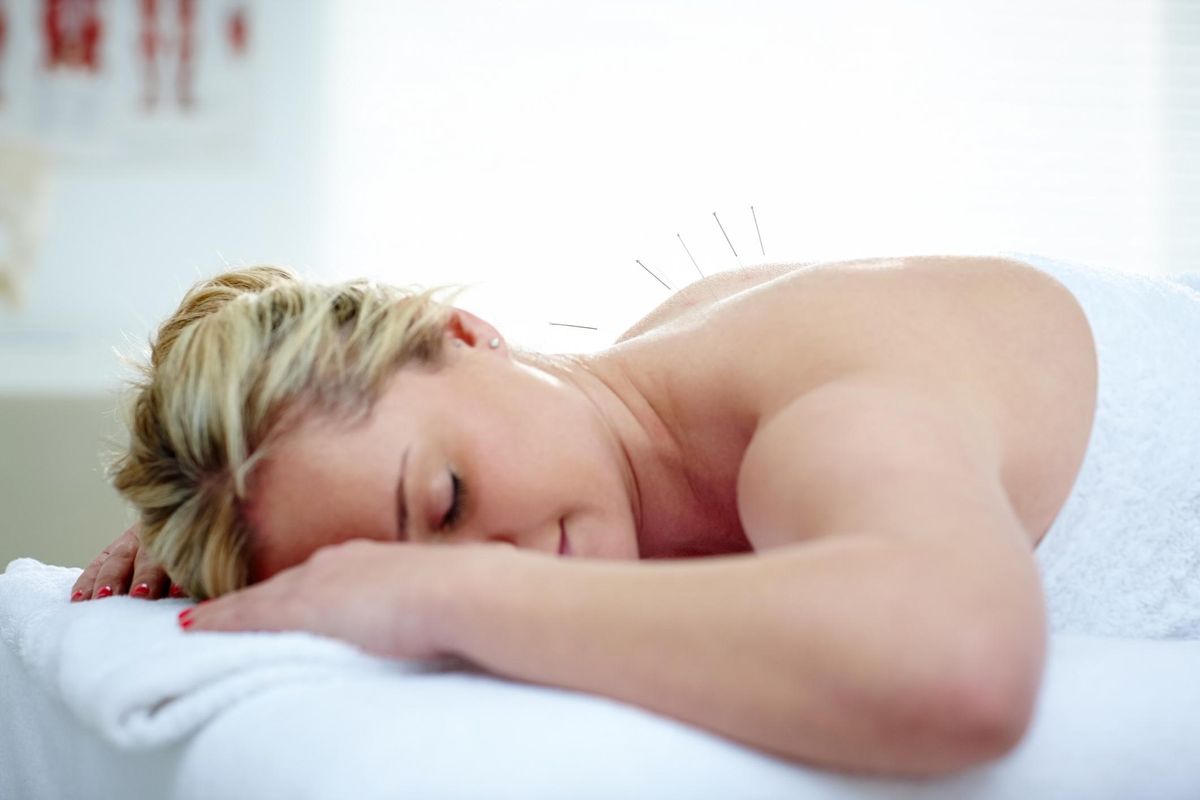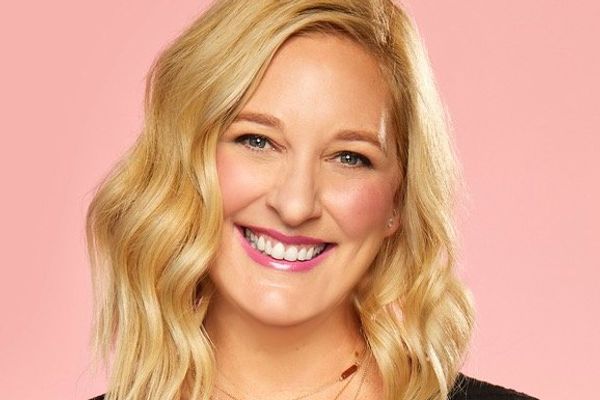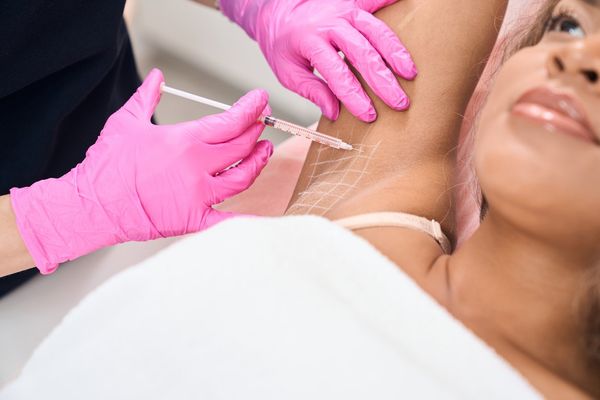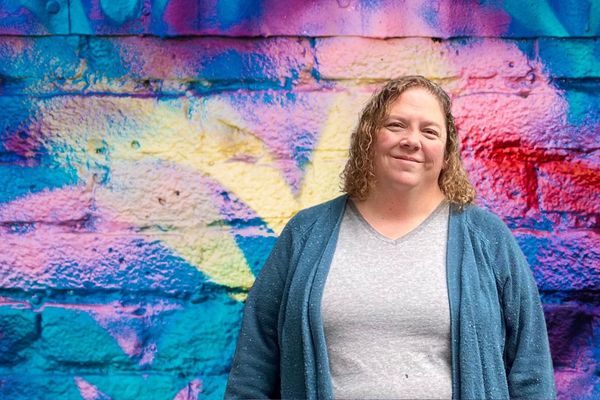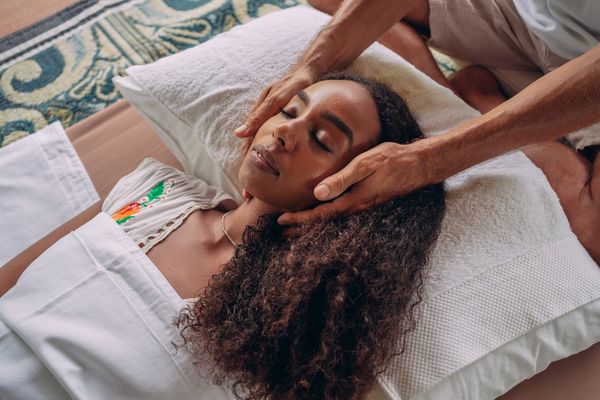After Julia Métraux was left with chronic pain after a car accident, a pain specialist suggested she try acupuncture to ease her symptoms. Though she’d never considered acupuncture as a medical treatment before, Julia decided to try it and saw an acupuncturist weekly for two months. Julia was relieved when her full-body pain eased and only remained in areas directly affected by whiplash from the accident.
While acupuncture may only be recently entering the mainstream, the practice itself is an ancient part of traditional Chinese medicine, believed to have originated in China in 100 B.C.E, making its way to Europe thousands of years later in the 1500s. It was first recognized in western medicine in 1912 when Dr. William Osler, one of the founders of Johns Hopkins Hospital, wrote about the practice in his widely used medical book, “The Principles and Practice of Medicine.”
Acupuncture involves the insertion of thin needles into specific regions of the body that correlate with the ailment of the patient, and the patient then lies still for 10 to 30 minutes before the needles are removed. In most cases, the process is relatively painless and can be used to ease symptoms related to a number of conditions, including chronic pain, fibromyalgia, migraine, back and neck pain, and pregnancy-related issues such as nausea. The World Health Organization recognizes acupuncture as a treatment for conditions such as gastrointestinal, neurological and orthopedic disorders. Some studies show acupuncture may even help relieve depression, anxiety and stress.
When Julia’s pain specialist first suggested acupuncture for her chronic pain, she was cautiously optimistic. The acupuncturist she saw was a medical doctor trained in acupuncture, though many types of healthcare providers (HCPs), including physician assistants, physical therapists, nurse practitioners, naturopaths and chiropractors, can all be licensed in acupuncture.
Julia found the process of acupuncture completely painless and although she had not considered acupuncture before the referral, she found the sessions to be helpful in managing her pain. After experiencing success the first time, Julia returned to the practice a few years later to help with sore muscles and pain from a bout of vasculitis.
For Yemeng Chen, Ph.D., the president of the New York College of Traditional Chinese Medicine, it’s no surprise that acupuncture helped ease Julia’s chronic pain. “Acupuncture is a natural, safe and cost-effective therapy for people’s health and wellness,” he said. “It’s minimally invasive [and is] based on the reflex method and no chemicals are used — only stimulation to have the body adjust naturally to improve internal organ functions and ease pain.”
Does acupuncture really work?
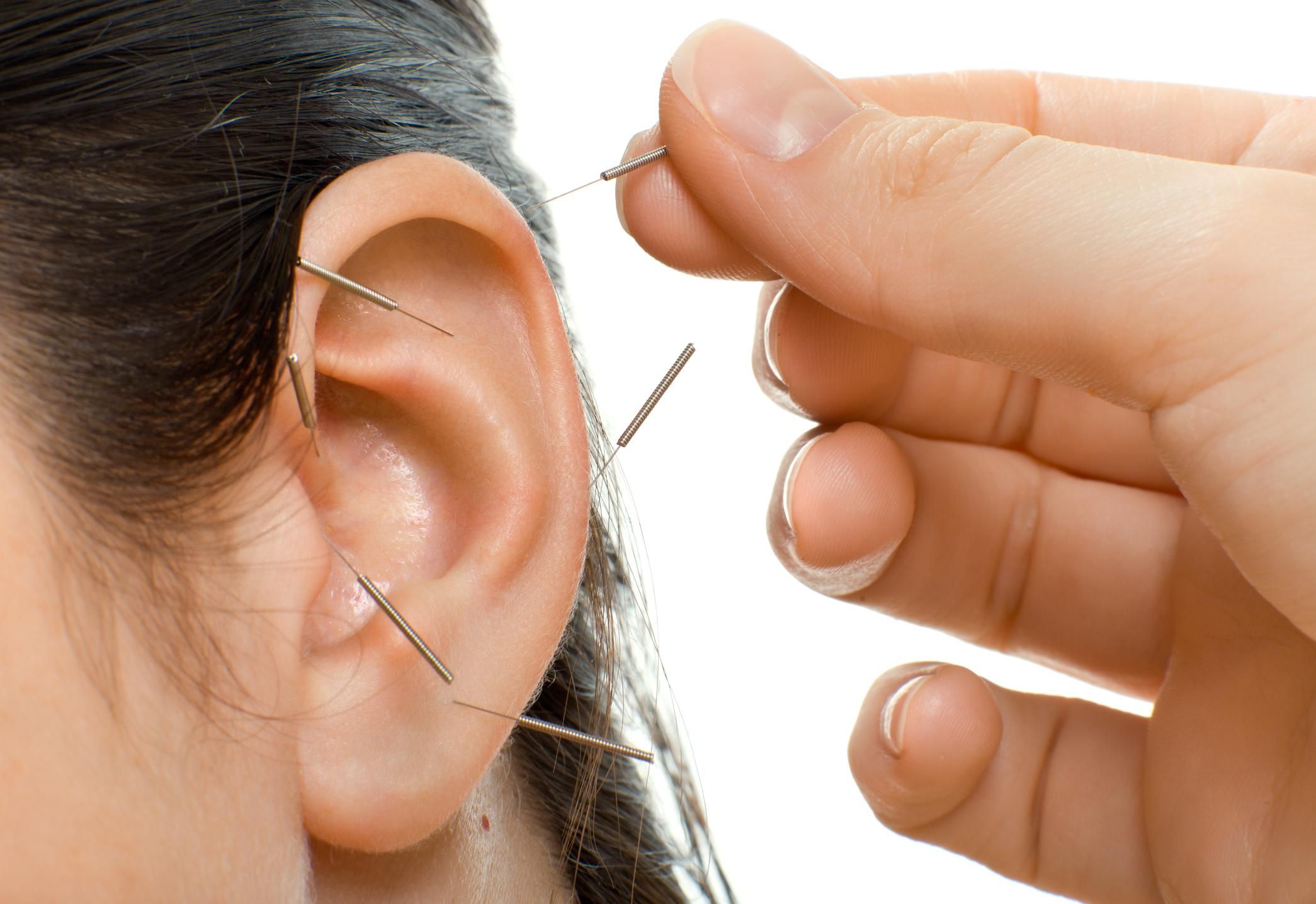
iStock.com/tankist276
Opinions among HCPs are divided as to whether acupuncture works, as are the studies examining its efficacy. In one study, patients experienced moderately lower pain levels after receiving actual acupuncture, but so did control patients who were given placebo acupuncture treatments. In several studies, acupuncture seemed to be most effective for chronic pain, such as migraine attacks or back pain. As acupuncture has gained popularity in the United States and more studies have shown promised about acupuncture’s efficacy for managing pain and other medical issues, major insurance companies like Aetna and Blue Shield have started paying for acupuncture treatments for selected maladies. For example, when Julia was treated for chronic pain from her car accident, her insurance company paid for the treatments, but she had to pay out of pocket when she returned for her vasculitis treatment.
Although patients may be afraid of acupuncture treatment because of the needles involved, Chen stresses that the needles are relatively thin and most people feel little to no pain upon insertion. “Patients may feel soreness or tenderness after acupuncture treatment, but it goes away quickly,” Chen said.
Side effects from the procedure can include slight site pain or bruising if patients are prone to it. If you do experience these side effects, they usually resolve within a few days post-treatment, and acupuncture generally has a low risk of harm as long as you’re being treated by a board-certified practitioner who uses clean needles and you don’t have a bleeding disorder or pacemaker and are not pregnant. If you’re thinking of trying acupuncture to manage a health issue, make sure you do your research and choose a practitioner who is board-certified and specifically trained in the practice.
Although some people may feel hesitant to add acupuncture to their health treatment plans, Chen said he wishes patients knew that it’s an effective alternative to traditional medicine. The people who benefit most from acupuncture, Dr. Chen said, are those who struggle with pain, like Julia. Now, looking back, she’s glad she gave acupuncture a chance.
- Tai Chi - HealthyWomen ›
- 5 Out-of-the-Box Ideas for Pain Relief - HealthyWomen ›
- 3 Pain-Relief Treatments with Bonus Benefits - HealthyWomen ›
- Acupuncture - HealthyWomen ›

